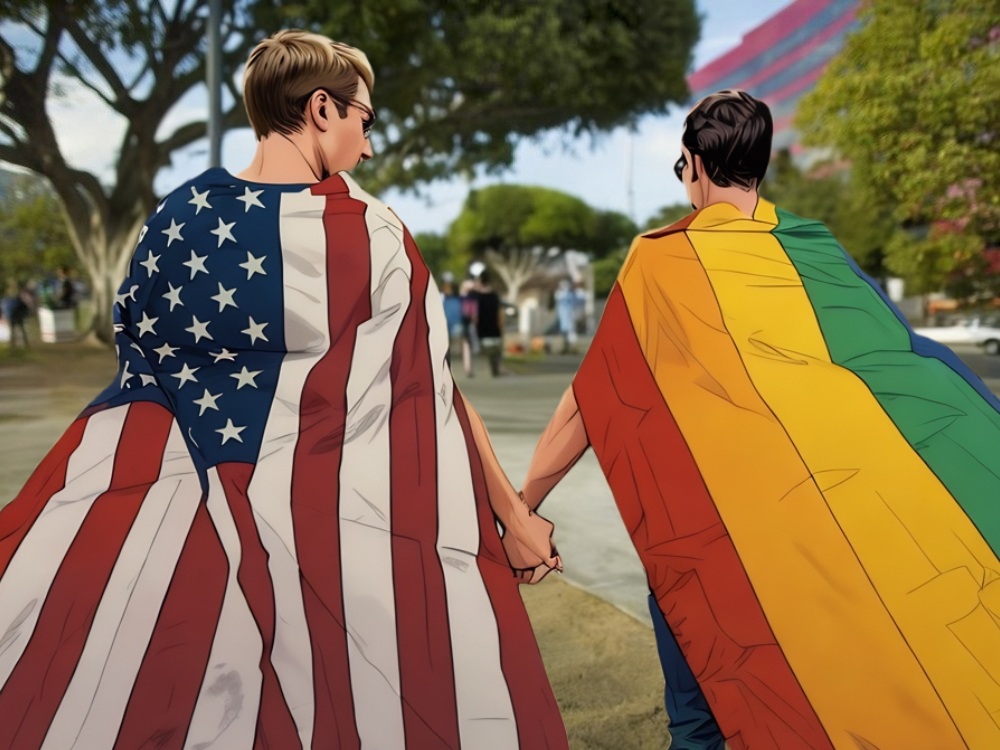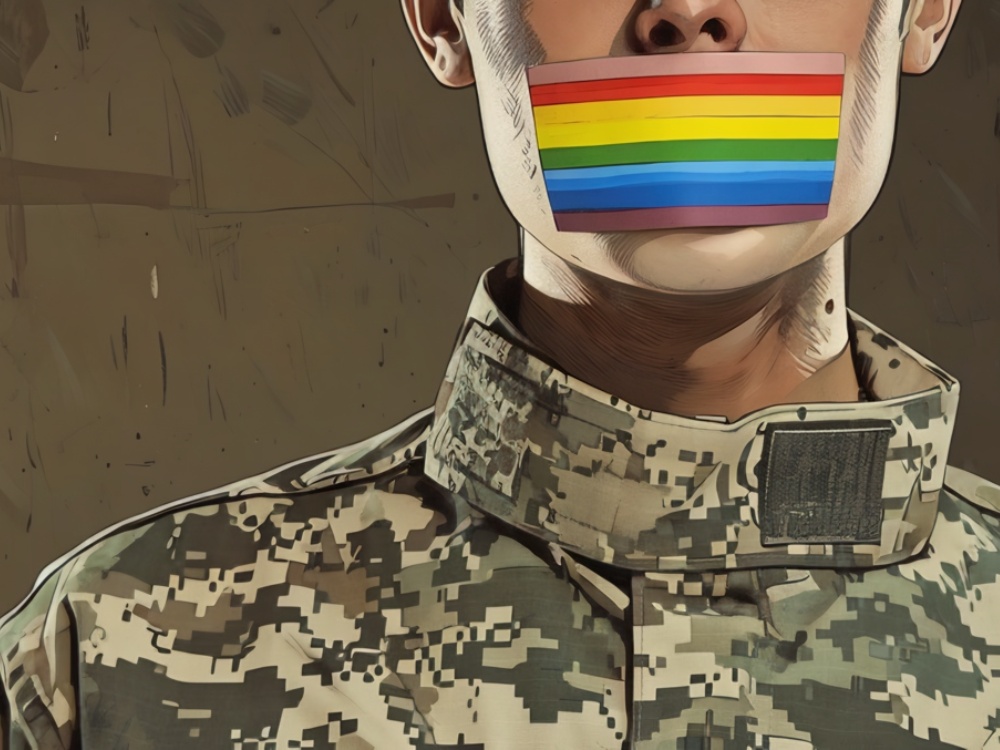From the early stages of homosexual law reform, successful gay panic murder defences to a ground-breaking yachtsman – Gareth Watkins examines the July dates that have shaped our queer community.
16 July 1925
A report titled Mental Defectives and Sexual Offenders was tabled in Parliament. According to Mr Hawkins, Inspector of Prisons, the “worst pervert of all”, ahead of those who abuse women or children, “is the one who flagrantly offers himself for the purposes of sodomy.” The committee considered castration, segregation and indefinite prison terms. They concluded, “New Zealand is a young country already exhibiting some of the weaknesses of much older nations…We ought to make every effort to keep the stock sturdy and strong, as well as racially pure… Surely our aim should be to prevent, as far as possible, the multiplication of [weaklings].”
9 July 1974
Media reported that Labour Prime Minister Norman Kirk would oppose any legislation that treated homosexuality as a normal behaviour. His comments preceded the introduction, by National MP Venn Young, of legislation to decriminalise homosexual activity. This was the first major parliamentary attempt at homosexual law reform in New Zealand. Although it was voted down the next year (34 – 29 with 23 abstentions), the issues and activists weren’t going away. Writing in Salient magazine in September 1976, activist Alan Seymour stated, “We will not just go away, back into our closets to lead an oppressed existence. We refuse to put up with the humiliation of the pallid tokens of liberal tolerance any longer. We demand acceptance, to be allowed to live our lives the way we choose, to be allowed to fulfil ourselves as human beings.”
20 July 2003
Television personality David McNee was killed by Phillip Edwards in Auckland. McNee had paid Edwards $120 for a sexual encounter. However, Edwards’ lawyers would later tell the court that he was only there to masturbate in front of McNee on a “no-touch basis.” Edwards told police that he was provoked into killing McNee because “he thought I was gay.” He admitted to bashing him 30 to 40 times around the head. Edwards was charged with murder but was ultimately convicted of the lesser crime of manslaughter. Commenting on the case, and more generally on the defence of provocation (gay panic), author Peter Wells wrote, “It is impossible in New Zealand – and many other countries – to murder a homosexual. It is possible to be found guilty of manslaughter. The underlying message is that any homosexual’s life is of little value… It seems unjust that the person charged with the killing is the one who gets to tell the story.”
4 July 2008
Chris Brickell launched his groundbreaking book Mates and Lovers, A History of Gay New Zealand. Described as “a priceless treasure of who we are and how we arrived here”, the 430-page book took over three years to research. In 2009 it won the Best First Book Award for Non-fiction at the Montana New Zealand Book Awards. Now over a decade later, a new generation of rainbow historians are paying tribute to Brickell’s work. Earlier this year, historian Will Hansen told a queer history event at Te Papa “[This book] is incredibly special to me personally, as I’m sure I’m not the only queer history kid in Aotearoa who would tell you that stumbling across Mates and Lovers is what made me realise that doing queer history is possible in New Zealand.”
4 July 2017
Yachtsman Cory McLennan was profiled in the media advocating for more inclusivity in sport. McLennan had made history in 2014 when he became the youngest person to complete the Solo Trans-Tasman yacht race. However, he had kept his sexuality hidden, fearing that it would negatively affect sporting opportunities, “I was scared that someone would find out, scared of what would happen to me… It’s not easy to come out – it means putting myself out there and conquering my own fear.” McLennan is still sailing and inspiring people. His website opens with a quote from Alain Gerbault, “Adventure means risking something, and it is only when we are doing that, that we know what a splendid thing life is and how well it can be lived.”

































